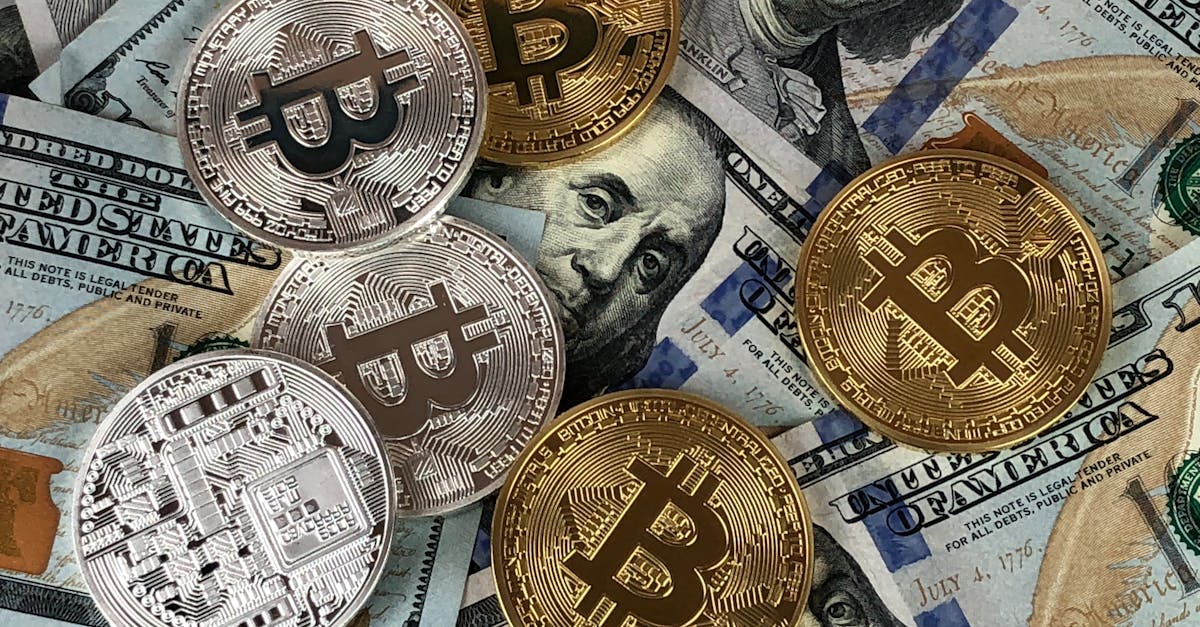
August 17, 2025
1,338 Reads
At the forefront of this revolution is Fintech, a portmanteau of "financial technology." Fintech encompasses a vast array of innovations designed to improve and automate the delivery and use of financial services. Think about the convenience of mobile banking apps that allow you to transfer funds, pay bills, and even apply for loans from the palm of your hand. Digital payment systems like Apple Pay, Google Pay, and countless others have made physical wallets almost obsolete for many transactions. Peer-to-peer (P2P) lending platforms connect borrowers directly with lenders, often bypassing traditional banks and offering more competitive rates. These advancements aren't just about convenience; they're about efficiency, accessibility, and often, lower costs.
Beyond the everyday transactions, technology is profoundly reshaping the investment landscape. Artificial Intelligence (AI) and Machine Learning (ML) are no longer futuristic concepts but integral tools for investors. Robo-advisors, powered by AI algorithms, can assess your risk tolerance, financial goals, and automatically construct and manage diversified investment portfolios. This has made professional-grade financial advice accessible to a much broader audience, often at a fraction of the cost of traditional human advisors. Furthermore, AI is being used for sophisticated algorithmic trading, identifying patterns in vast datasets to execute trades at optimal times, and for advanced fraud detection, protecting your assets in an increasingly digital world.
Then there's Blockchain technology, the distributed ledger system that underpins cryptocurrencies like Bitcoin and Ethereum. While often associated with speculative digital currencies, blockchain's true potential extends far beyond. Its decentralized, immutable, and transparent nature offers unprecedented security and efficiency for recording transactions. In finance, this could mean faster cross-border payments, more secure record-keeping for assets, and the creation of entirely new financial instruments through "smart contracts." Imagine a world where property deeds, stock certificates, or even intellectual property rights are securely managed and transferred on a blockchain, reducing intermediaries and increasing trust.
The sheer volume of data generated in our digital lives is also being harnessed by financial institutions. Big Data analytics allows companies to gain deeper insights into market trends, consumer behavior, and risk assessment. By analyzing vast datasets, financial firms can develop more personalized products, predict market movements with greater accuracy, and identify potential risks before they escalate. This data-driven approach is leading to more informed decision-making for both institutions and individual investors.
However, with great power comes great responsibility, and the rapid pace of technological change in finance also brings challenges. Cybersecurity is paramount. As more of our financial lives move online, the threat of cyberattacks, data breaches, and identity theft grows. Financial institutions are investing heavily in robust security measures, but individuals also bear responsibility for protecting their digital footprint. Regulatory frameworks are constantly playing catch-up, striving to balance innovation with consumer protection and systemic stability. The "digital divide" also remains a concern, ensuring that these advancements benefit everyone, not just those with access to the latest technology and high-speed internet.
Looking ahead, the convergence of these technologies promises even more transformative changes. We might see hyper-personalized financial services tailored to our exact spending habits and future aspirations, powered by AI. Decentralized finance (DeFi) platforms, built on blockchain, could offer a full suite of financial services – lending, borrowing, trading – without traditional banks. The Internet of Things (IoT) could integrate financial transactions seamlessly into our daily lives, from smart refrigerators ordering groceries to self-driving cars paying for tolls.
In essence, technology is not just an enabler; it's a fundamental driver of evolution in the financial world. It's making finance more accessible, more efficient, and potentially more equitable. For individuals, this means more control over their money, more diverse investment opportunities, and more personalized financial guidance. For businesses, it means new models, new markets, and new ways to serve customers. Embracing these advancements, understanding their implications, and navigating their complexities will be key to thriving in the financial landscape of tomorrow. The future of money is digital, intelligent, and interconnected, and it's unfolding right before our eyes.